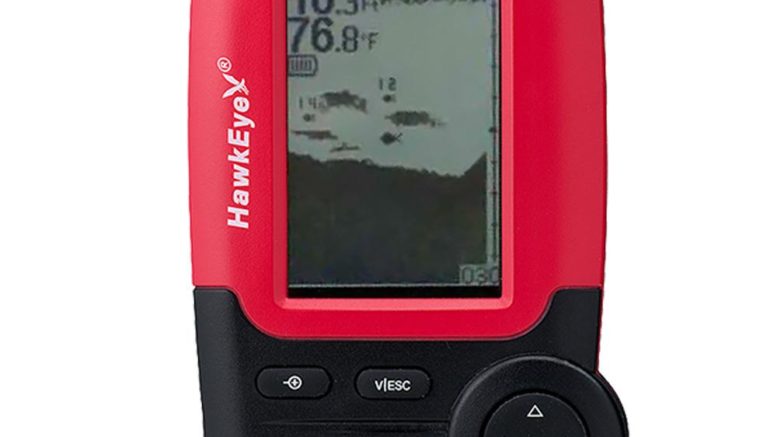We’re almost into summer now and I hope you’re reading this blog from the deck of your boat. This is the perfect time to get into some serious relaxation. Lucky for you, Solid Signal has you covered.
The best tech makes everything better
You probably know that Solid Signal can help you with all your marine electronics needs, from transducers to massive satellite systems. You might not know that Solid Signal can even help you catch more fish. That’s right, we carry a good selection of fish finders, from portable units that cost a lot less than you thought to units with massive screens that can tell you everything you need to know about the water below.
When I was young I remember fish finders being incredibly expensive pieces of equipment which is why I was surprised to see low end units that start well below $100. Pretty much anyone can add this technology now.
What is a fish finder and how does it work?
Fish finders help you find fish, pretty much the same way predators do. Sonar was first used in the second world war to find submarines, and it follows a simple principle. Send out a sound wave and if it comes back you can determine what it bounced off because sound travels at a fixed rate through water. The longer it takes, the further away a thing is.
This is the same way that predators in the air and on the seas find their lunch, which you have to admit is pretty cool.
Simple sonar systems won’t tell you what’s out there but by using computers and tailored sound waves it becomes possible to figure out something close to the shape and size of an object as well as its distance. It’s not as effective as looking at a thing but it can be pretty helpful down below where light scatters quickly.
In the air, radio waves are more effective than sound waves in finding distant objects which is why land-based systems moved to radar instead of sonar. At their core the two technologies are similar but radar is more advanced because it measured electromagnetic radiation instead of sound waves. However, those same radio waves scatter in water (just like light does.) Sound waves are still an incredibly effective way to find something down in the deep.
Is a fish finder cheating?
I would say no. In the end it’s up to you, but you’re not using a fish finder to lure fish, only to tell you if there’s a fair chance that you’ll find some fish if you cast a line in a spot. It’s a way to make it more likely you’ll find a fish, and if you find a fish, you’re more likely to catch it than if you don’t.
I would also say, if you think having a fish finder is cheating, don’t use one. But, if you’re a sport fisher and you want to actually enjoy the sport instead of staring at a rod that doesn’t move, then a fish finder is a pretty good way to get in the game. It’s also a must-have for sportfishing boats that cater to tourists who gauge your boat’s success on whether or not they catch a fish.
The technology is here…
If you’d like to compare fish finders from the most economical to the most luxurious, you don’t need to go any further than Solid Signal, your source for all the marine electronics you could ever want. Check out our great selection of fish finders at Solid Signal!





